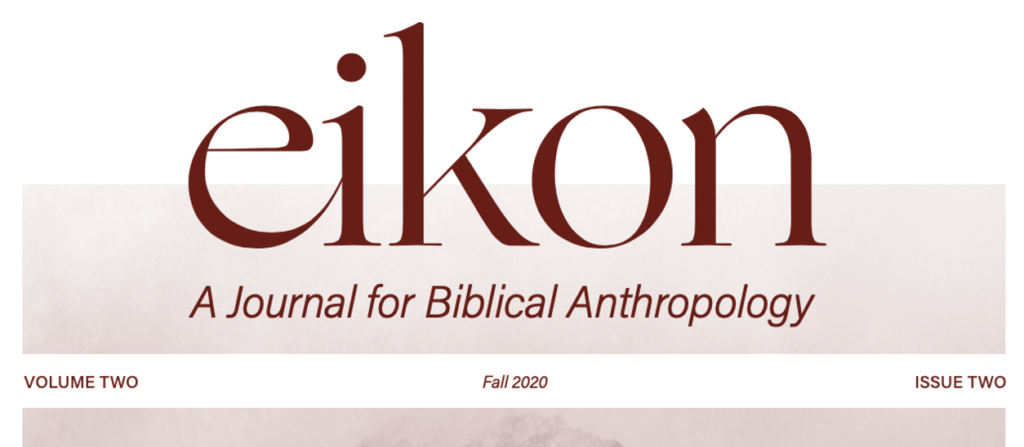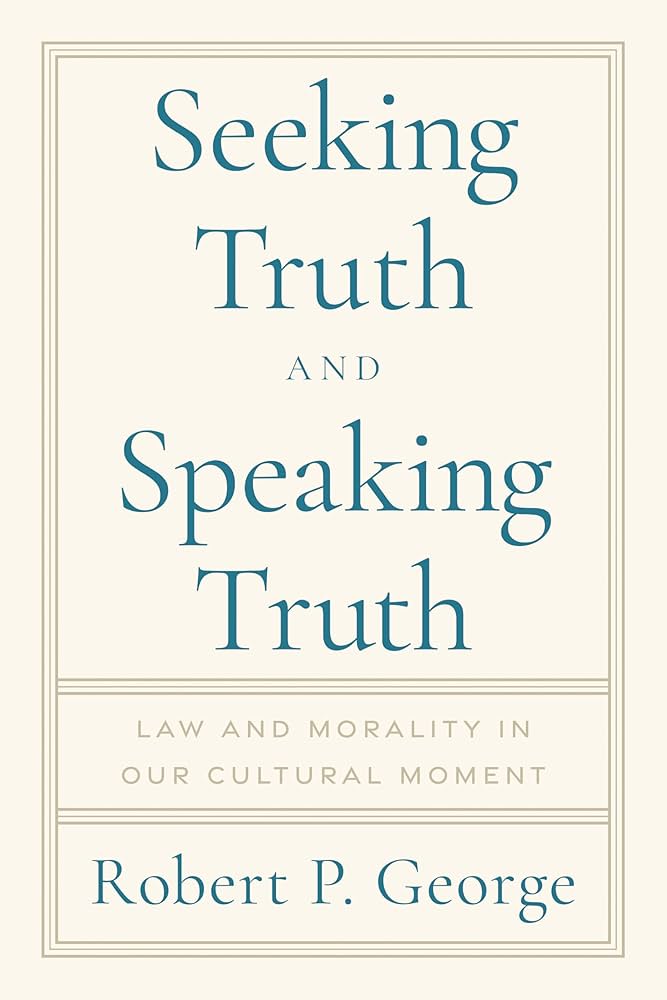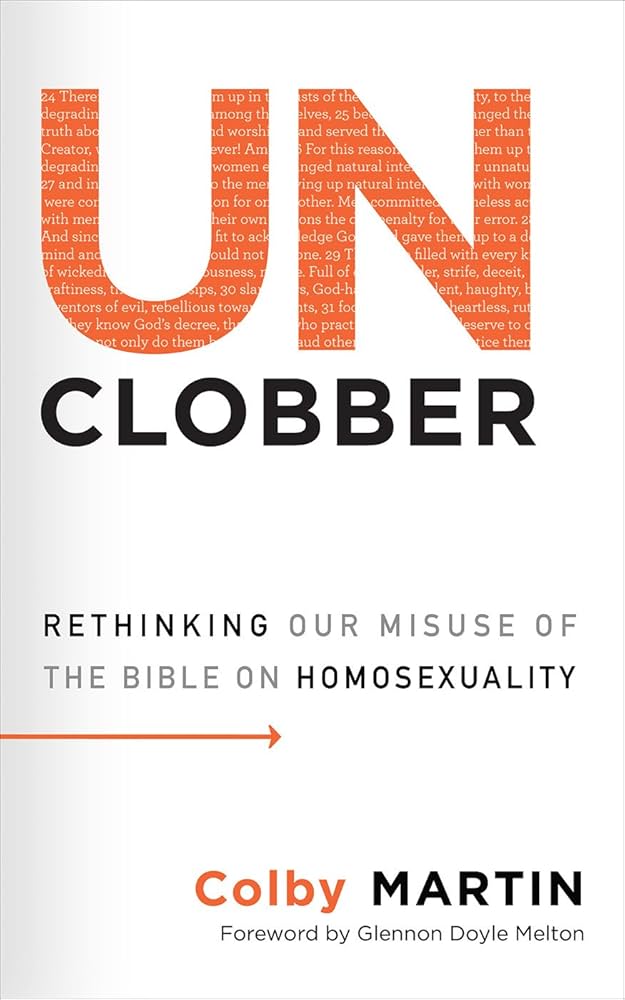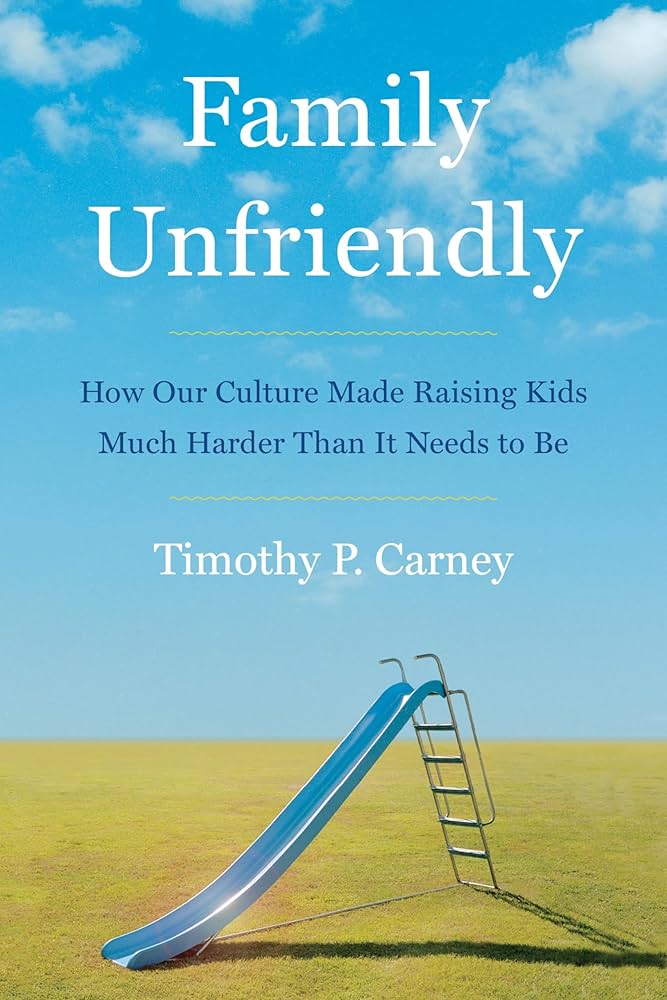
Oliver O’Donovan is Professor Emeritus of Christian Ethics and Practical Theology at the University of Edinburgh.
Andrew T. Walker is Associate Professor of Christian Ethics at the Southern Baptist Theological Seminary and the Executive Editor of Eikon.
ATW: The Christian faith today seems to be challenged most immediately in the domain of theological anthropology. Is this your assessment?
OOD: A challenge to faith may come from within or from without, as an objection presented by unbelief or doubt nursed within belief itself. It may take the form of a pressure to conform in practical ways rather than as a challenge directly presented to thought, and for that reason may need to be thought about all the more carefully. And it may present itself in one place where the real heart of the problem is in another place, for faith is all of a piece. It can be said, perhaps, that the one and the only perpetual challenge of faith is to think rightly about God. Yet if we do seek to think rightly about God, there is a great deal else that we shall need to learn to think about, too. Faith in God certainly requires us to think about the glory of his creation and the particular dignity and responsibility assigned to our human race within it.
There are immediate, short-term challenges –– viruses, wars, and so on. There is a long-term problem of the future of the human race itself under the judgment and mercy of God. And in between the two, there are problems of civilization, peculiar to a given epoch in human existence. The manipulation of the human genome, the technicization of human numbers of men and women over their personal sexual histories and endowments, are symptoms of a problem of civilizational scope, peculiar to an epoch in which technical control has taken over from reflective knowledge. Robert Spaemann wrote that it seemed that the concept of “the person” was in danger of being forgotten. It is not the only important category to suffer that fate. Future generations, if God gives them, will look back on our ways of handling these things with something like the moral horror that we look back on slavery –– as a kind of stupidity about ourselves affecting the way we see and interpret everything else. How can the church be faithful in such an epoch? It has above all to maintain a witness to an alternative way of thinking, a different evaluation of human nature, given it in Christ. Sometimes there is a place for a well-argued and well-targeted protest; but being noisy and strident is not a long-term strategy. What is needed above all is good teaching, and a community in which good understandings are kept alive in practice, by different and more humane ways of handling problems.
ATW: Where should evangelicals turn for a theology of the body?
OOD: I first learned to think about the human body from the writings of my teacher, Paul Ramsey of Princeton and from the writings of Saint Augustine. These taught me to think of the unity-in-difference of body and soul. About the meaning of technology for the human body, I learned a great deal from George Grant. Those three influences shaped the short book I wrote forty years ago about reproductive manipulation called Begotten or Made? Later I learned about the meaning of “the person” from Robert Spaemann. There are many other things to be learned, many other places to begin learning. But these were good ones, and I recommend them.
ATW: What makes Christian ethics distinct? How does a properly Christian ethic interface with general and special revelation?
OOD: Christian ethics understands practical and moral thought within the context of the good news of the gospel. It is, in the literal and proper sense of the word, an “evangelical” ethics. It speaks of the norms of practical reason and human conduct as implied by the proclamation of God’s determination to rescue our human lives from the power of sin in Jesus Christ. It is therefore a theological enterprise, drawing deeply, as theology must, on the witness of Scripture. At the same time, it is a fuller understanding of our common vocation to live as human beings in God’s world. We do not depend on the message of the gospel to know that we are human beings with human powers, including the power to dispose of ourselves in actions decisive for our world. Yet without this message, we shall not understand what we know in a vague outline, and therefore we shall not be able to grasp that knowledge effectively. The logic of “revelation” and “reason” in ethics is essentially the logic of “new” and “old” in conversion. Conversion is re-birth; it involves a deep reorganization of our practical thinking in the light of what God has done. We have to come to doubt what seemed self-evident to us, to entertain possibilities that seemed impossible to us, to learn the meaning and fruitfulness of sacrifice, repentance, obedience, discipline, and many other patterns of conduct that were simply unintelligible to us. At the same time, what it gives us is still a human way of living a human life –– before God –– a more human life, in fact. It teaches us to make sense of what was simply puzzling, to recognize beauty and splendor where we had no idea of it. “An old commandment that you had from the beginning,” said St. John, and yet “at the same time a new commandment.” This two-sided logic of conversion applies not simply to ways in which we act, but to the categories in which we think, for acting is, in the end, the working out of thinking. Revelation allows us to think and talk about a “natural law,” certainly; but it does not allow us to think and talk about our “nature” in just the way that we would have thought about it otherwise. Human nature becomes an idea reborn in Christ.
ATW: Can you state your general disposition to natural law and natural theology?
OOD: The concepts of “natural law” and “natural theology” need distinguishing. Natural Theology (as we use the term today) undertakes to distinguish what may be known of God by unaided reflection on experience from what can be known only by revelation. This may serve one of two purposes, revisionist or apologetic. The reconstruction of theology on natural and later scientific lines was a project of Enlightenment anti-Christianity, aiming to rid theology of revelatory, and therefore Christian, features. The apologetic approach seeks to illustrate how revelation does in fact speak to natural experience, interprets it, and answers its unresolved questions. This is simply one dimension of the theological task of understanding what is believed, receiving with intelligence what a historical revelation discloses to us.
Natural Law has a longer pedigree within theology. It seeks to link together two notions that at first glance might be thought to have nothing in common: nature and its regularities, law and its moral norms. It highlights the normativity of natural structures and the foundations of law in the given reality of human nature. It explores the relation between the “is” and the “ought,” which meet in the “good.” As such, of course, Natural Law is merely a program of thought, not a set of doctrines or assertions. There is no “data” of Natural Law. It cannot tell us where “nature” ends and “freedom” begins, or draw sharp lines between what is variable and what is fixed; it can only remind us that we discover these things by looking more closely. It does not close questions, but keeps them opened up in necessary directions. We can always question a given application of it to a given practical matter. But even in questioning this or that claim for the normativity of natural process, we are required to take seriously the fact that there is no such thing, for us created human beings, as a sheerly positive law, which has no grounding, however remote, in human nature.
ATW: In your view, would Protestantism benefit from greater interaction with the natural law tradition, or should it be more biblicist in nature?
OOD: Any invitation to Protestant theology to broaden its horizons historically is, of course, welcome. All theology needs this discipline. If the horizons are narrow, the hold we have on the center is weak, and the horizons of the Christian past are the first to shrink and deprive us of the opportunity of thinking in communion with past Christians. The present tense is always with us; the past drops out of sight almost as soon as it is no longer the present. No branch of Christian thought is so much in need of a conceptual memory, perhaps, as ethics. Moral thinkers are eager to prove their usefulness and be up with the unfolding present. It is a good ambition, but to be useful to the present moment we have to have something solid to bring with us to it. The special problem of our culture, which affects Christian thinkers as well as all others, is that we write a lot, and have forgotten how to read!
The center of the theological enterprise is the reading of the Bible –– not merely by not saying anything contrary to Scripture, but by articulating a faithful and living echo from our own new day to the mercies of God that are new every morning. But let us distinguish, once again. “Biblical” and “Biblicist” do not mean the same. As I use these terms –– there may be other conventions –– the one names a virtue of theology, the other a vice. All well-ordered theological reflection hopes to be “biblical” in a decisive and formative sense. The term “biblicist,” on the other hand, suggests the refusal of conceptual forms that are not textually evidenced in the Bible, narrowing the theological task down to exegesis of Scriptural words and concepts either in running commentary or in systematic reformulation. Scriptural studies which have no view beyond exegesis are of essential service to theology, but they require an answer in the living thought of the obedience of thought, to block the way of faithful discipleship that leads from receiving what is given to accomplishing a witness yet to be borne. Faithful witness requires to be thought about and when we think together as a church, we think in company with the past generations of Christians who have thought faithfully and well. To ignore them is to deprive ourselves of the support God will give us. Protestants of the Reformation era freely engaged with and made use of the concept of natural law. Protestants did not become suspicious of natural law until the twentieth century, and then only because of some quite specific uses of the idea that they were right to be on guard against. We need to engage with both sides of that argument –– and of course with non-Protestant theologians, very often tackling comparable questions in comparable ways. And theologians need to engage with them, wherever possible, by reading their own words, not merely at arm’s length through summaries in encyclopedias and textbooks.
Care is needed, on the other hand, over the idea of a “natural law tradition.” Natural Law is not a “tradition” in that sense. It is a category that fueled a set of wide-ranging discussions and interacted constantly with other Christian categories of thought: creation, law, grace, gospel, freedom, etc. If we go back to the great texts that talk most about natural law, both Catholic and Protestant, we shall find ourselves constantly led to take up other themes as well. If we persist in trying to isolate this one notion and construct a tradition around it, we shall seriously misunderstand what the texts of the past meant by it. For a long time, Thomas Aquinas’s ethics suffered from this treatment, and the Protestant thought of Hugo Grotius in the seventeenth century has been constantly misunderstood both by supporters and opponents. At the end of that road lies the Enlightenment project of using the natural as a way to “reinvent” religion and ethics along post-Christian lines. If we go down it, we have only ourselves to blame for not reading our predecessors more carefully and respectfully!
Share This Article



